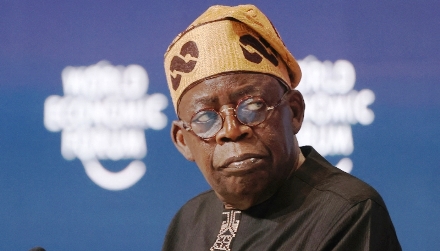In a significant move towards cultural renewal, the Tinubu-led administration has established the Nigerian Academy for Cultural Studies (NACUS) as a dedicated institution aimed at fostering innovative studies and the preservation of Nigeria’s rich cultural heritage.
RELATED: In 2024, NDPC must apply the stick and strengthen a national privacy culture
The academy, endorsed by the National Board for Technical Education (NBTE), offers a National Diploma in Cultural Administration & Management (NDCAM) program, with accreditation for a Postgraduate Diploma through affiliation with Nasarawa State University, Keffi (NSUK). This milestone enables graduates to further their education with a Master’s degree, enriching their expertise in cultural management and administration.
Elevating the former Training School of the National Institute for Cultural Orientation (NICO) to a fully-fledged higher institution underscores President Bola Tinubu’s commitment to prioritizing culture in national policymaking.
According to Otunba Biodun Ajiboye, the Executive Secretary of NICO, this initiative signifies a renewed emphasis on Nigeria’s cultural identity and values, aiming to counteract the influence of foreign cultural norms and restore a sense of originality among Nigerians.
The establishment of NACUS reflects Nigeria’s recognition of the pivotal role of culture in shaping national identity and behavior. With campuses planned across four geographical zones, including Abuja, Northern, Southern, and Eastern regions, the academy aims to decentralize cultural education and promote diversity.
Furthermore, efforts are underway to ensure the employability of NACUS graduates across various sectors, including civil service, cultural enterprises, tourism agencies, and hospitality industries. This strategic approach aligns with the government’s broader agenda to harness Nigeria’s cultural heritage as a driver of economic growth and global recognition.
By investing in cultural education and entrepreneurship, the Tinubu administration aims to empower Nigerian youth, create job opportunities, and position the country as a cultural powerhouse on the global stage.
































